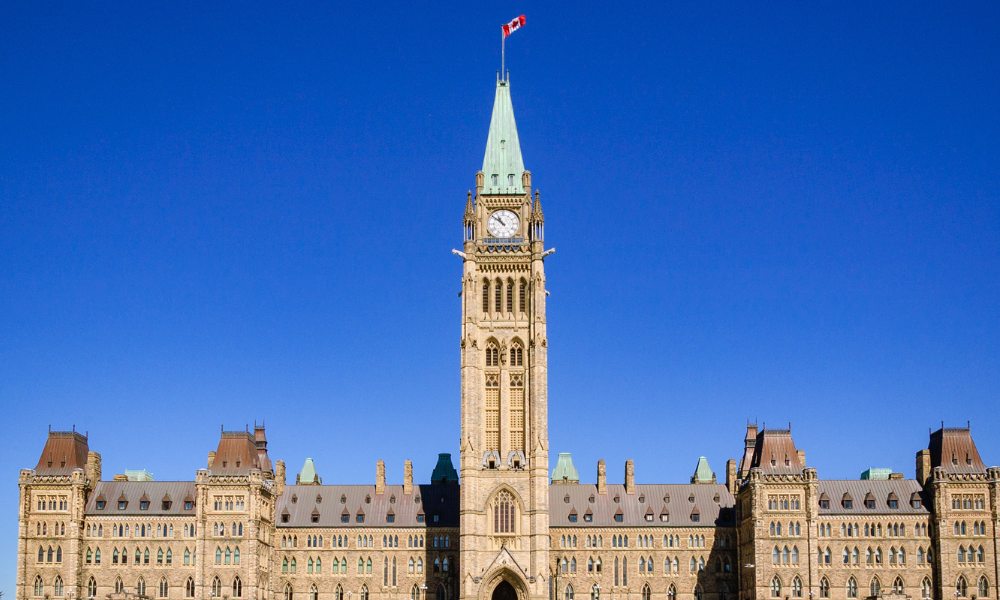Some say Carney's new housing chief has what it takes to lead the country out of a generational crisis. Others aren't so sure

Among Prime Minister Mark Carney’s new cabinet announced in May was Gregor Robertson, named minister of housing infrastructure. That decision has already been the subject of strong debate, with some viewing the former Vancouver mayor as a seasoned leader with valuable experience and others believing he played a key role in stoking that city’s housing crisis.
Robertson enters the federal cabinet with deep experience in urban governance. At the helm in Vancouver from 2008 to 2015, he led the city through years that would ultimately define it as the epicentre of Canada’s housing affordability crisis.
Former Vancouver mayor Gregor Robertson is stepping into the role of housing and infrastructure minister in prime minister Mark Carney’s new cabinet.https://t.co/iiqGxLIDSF
— Canadian Mortgage Professional Magazine (@CMPmagazine) May 13, 2025
Carney pointed to that experience as a key asset. “We're going to have to change how we build. And a lot of that expertise, not exclusively, but a lot of it has actually been developed in British Columbia,” he told reporters.
But that perspective is far from universal. Critics note that home prices in Vancouver more than doubled during Robertson’s tenure—from $942,000 in 2008 to $1.8 million by 2015.
Understanding the numbers
Ryan Berlin, chief economist at Rennie and a specialist in BC’s housing markets, says Robertson brings relevant experience to the role.
“This is a guy who presided over a city where housing is arguably a more common topic of conversation than the weather,” Berlin told Canadian Mortgage Professional. “He comes across to me as somebody who is supply-oriented, and I think that's the mindset we need.”
Berlin acknowledged significant price increases under Robertson’s leadership but cautioned against drawing simplistic conclusions. He noted that other cities in British Columbia experienced similar jumps over the same period, in part due to the rebound following the 2008 financial crisis.
“There’s a million things on either side of the ledger that affect those two forces as they come together to determine prices,” Berlin said, referring to the complex interplay of supply and demand.
He also emphasized the limits of municipal influence. “As a mayor of a singular city over a fairly short period of time—his tenure was a decade—you don’t have that much control over prices.”
Broker scepticism
Tricia McIntosh, a Vancouver-based mortgage broker and team lead at the McIntosh Mortgage Group, sees the appointment as a troubling signal.
“I’m deeply concerned about what Gregor Robertson’s appointment as housing minister signals—not just for housing, but for homebuyers and brokers across Canada,” McIntosh wrote in an email to CMP.
She characterized the current market as “emotionally draining for buyers and disheartening for brokers who are doing everything they can to help,” and described Robertson’s return as a continuation of failed policies rather than a fresh start.
Is experience enough?
Some former Vancouver city councillors see Robertson’s background as an advantage. Kerry Jang, who served alongside him at city hall, praised the appointment.
“I think it’s a good choice, because, having been the mayor of Vancouver for 10 years, he understands municipal zoning. He understands all those puts and takes within cities that are required to build housing,” Jang told CityNews Vancouver.
Robertson, for his part, has pointed to the lack of provincial and federal support during his time as mayor.
“I wasn’t getting the help I needed from the federal government when I was mayor, or the provincial government, of all stripes,” he said, en route to his first cabinet meeting.
Opposition leader Pierre Poilievre, however, was unsparing in his criticism. “If this is the new blood that Mr. Carney is bringing into that cabinet, then sadly for Canadians, nothing is going to change.”
Robertson draws heat for comments on housing affordability
Soon after taking office, Robertson drew criticism for saying he doesn’t want to see housing prices fall. Instead, he emphasized increasing the supply of affordable homes.
“We need to be delivering more affordable housing,” he told reporters. “The Government of Canada has not been building affordable housing since the 1990s, and we’ve created a huge shortage across Canada.”
But Berlin backed that view, noting the political risks of falling home values in a country where most people are homeowners.
“Two thirds of households own their home. It is not in the best interest of the majority of the electorate to have their home values declining,” he said.
What’s needed, Berlin argued, is a path forward that allows housing prices to stabilize while incomes catch up.
“What I’d like to see is a world in which home prices are increasing at a very modest and consistent level, and incomes are rising faster than that,” he said.



